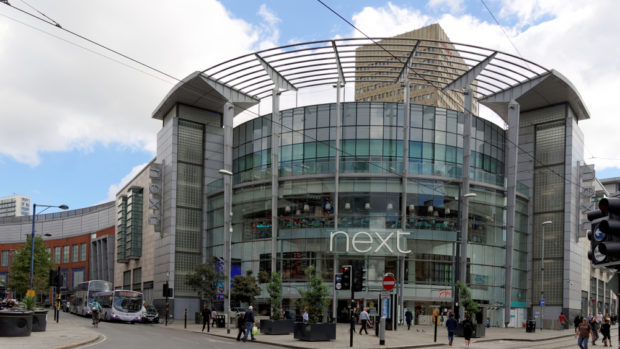
A new report from digital transformation insight firm Incisiv uncovers the scale of the risk organisations undertake when making costly and inflexible commerce technology decisions.
With mass layoffs a foregone conclusion for UK retail in 2025, and global retail eCommerce sales set to surpass US$8 trillion by 2027, retailers’ search for a tech stack that enables growth has never been more pressing. But with 56 per cent of organisations regretting their largest tech purchases, the report highlights the crucial impact of technology choice on revenue, operational costs, and competitive agility.
The Incisiv Pragmatic Composability Industry Brief warns against the rise of “over-composed” architecture, citing how numerous specialised code components, assembled in pursuit of flexibility, creates self-inflicted complexity. 37 per cent of technology buyers say that a pure microservices approach to tech solutions has led to higher maintenance costs, with 40 per cent reporting higher training costs associated with this approach.
Over half of organisations regret major tech purchases, citing integration challenges and slow implementation. Ultimate flexibility requires becoming a software company in all but name, with over a third of businesses regretting this approach. The convergence of B2C and B2B experiences has left no room for subpar digital interactions, pushing companies to seek technology that exceeds standard B2C customer expectations. Market leaders prioritise solutions that streamline operations and drive innovation, rather than those that introduce complexity and rigidity.
Organisations are drowning in a sea of APIs, wrestling with dozens of vendors, and burning countless hours building sophisticated API mediation layers in an attempt to make disparate services play nicely together.
Instead of enabling businesses to move faster, or take advantage of the best of breed approach to commerce solutions, the tech-maximalist approach to composable commerce increasingly traps large organisations in a web of dependencies that hinder customer experience and growth.
As global enterprises and mid-market firms alike navigate an increasingly competitive landscape, the Incisiv report underscores the need for commerce technology that balances profitability with adaptability. It is no longer a question of whether a platform meets technical specifications, but whether it empowers businesses to respond to market shifts, and unlock new revenue opportunities.








Share